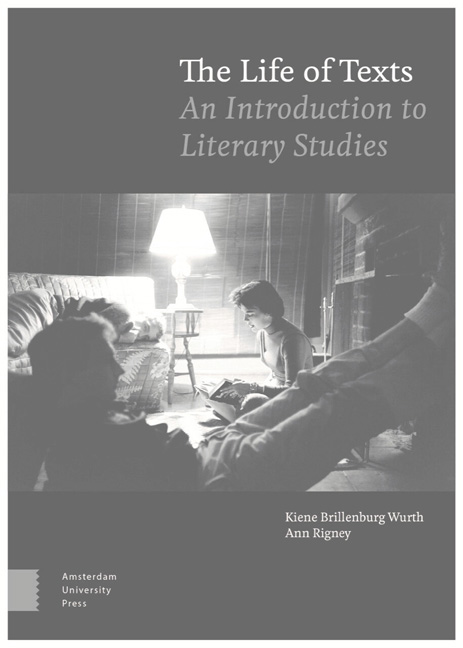11 - Literature and Cultural Memory
Summary
Introduction: Literature in/and time
Is aicher in gaíth innocht
fu-fúasna fairrge findfholt;
ní ágor réimm mora minn
dond láechraid lainn úa Lothlind
Bitter is the wind tonight,
It tosses the sea's white tresses
I do not fear the fierce warriors of Norway,
Who only travel the quiet seas.
This anonymous poem written in Old Irish was composed sometime between 800 and 1000 ce. Like more recent works discussed in earlier chapters, this short poem carries traces of the time in which it was composed. To begin with: it is written in a form of Gaelic that is no longer accessible to speakers of modern Irish, not to mention people for whom that language is completely incomprehensible. (Luckily these evocative lines are available to modern publics in Ireland and elsewhere in the English translation quoted above, taken from the Field Day Anthology of Irish Writing; 1991.) Moreover, the poem carries traces of its time in its invocation of the ‘fierce warriors of Norway,’ a reference to the marauding Vikings who frequently attacked and plundered settlements in medieval Ireland. Literary historians, using the methods of philology,* have concluded that this poem was probably written by a monk in one of the many monasteries that were the principal sites of learning in medieval Ireland when the vast majority of the population was still illiterate. The poem captures in just a few lines the monk's precarity: because there is a storm raging outside, he can feel safe from attack. But only for this night; tomorrow will bring new fears and new insecurities.
What makes this text so interesting for us here, is its complex relation to time. It is rooted in a distant past and (for most of our readers) a distant place. On the other hand, it can still be read today and work its magic in a precarious world, albeit now in translation, in book form, and in a very different cultural context. In Chapter 2 we defined literature in terms of its cultural durability. We now see how this durability gives a poem the power to bridge the distance between past and present, even as the reader is made keenly aware of the differences between them. The persistence of texts across time often yields problems in interpretation as the world and language have changed in the meantime.
- Type
- Chapter
- Information
- Life of TextsAn Introduction to Literary Studies, pp. 361 - 386Publisher: Amsterdam University PressPrint publication year: 2019



